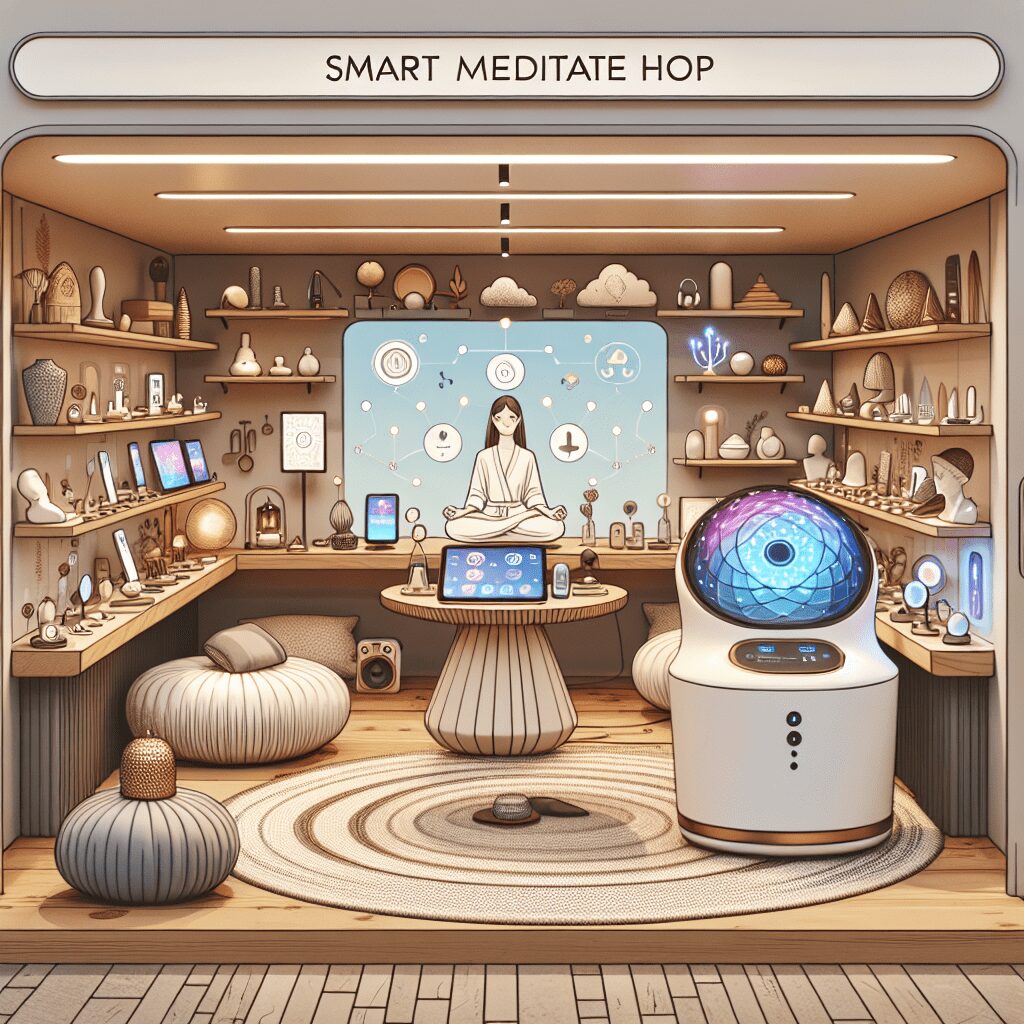
Prioritize your mental well-being daily. Enhance your life by nurturing your mental health with the Smart Meditation app. Break free from stress, alleviate anxiety, and enhance your sleep quality starting today.
Can Antidepressants Work Immediately?
Unveiling the Mystery: The Timeline of Antidepressants
When we’re down in the dumps, grappling with the heavy chains of depression, the promise of a quick fix can seem as tempting as a cold drink in the scorching desert. However, when it comes to antidepressants, it’s imperative to temper our expectations with a dash of reality. So, can these marvels of modern medicine really work their magic overnight? Hold onto your hats, as we embark on a journey to unravel this question.
The Science Behind the Pills
Antidepressants are not your average quick-fix. They’re more like a slow burn, gradually turning the tide against the oppressiveness of depression. To understand why these meds don’t work instantaneously, we need a quick dive into the science behind them. Antidepressants, from SSRIs (Selective Serotonin Reuptake Inhibitors) to Tricyclics, work by altering the brain’s chemical balance. However, these changes don’t happen at the drop of a hat.
Initial Effects vs. Full Benefits
When first starting on antidepressants, some folks might notice a slight improvement in their energy levels or sleep patterns within the first couple of weeks. But don’t mistake these initial changes for the full cavalry charge against depression. The true, knock-your-socks-off effects can take anywhere from 4 to 6 weeks, sometimes even longer, to fully manifest. It’s like planting a garden; you water and wait, and with a bit of patience, the blossoms appear.
Why the Wait?
You might be wondering, why on Earth does it take so long? Well, antidepressants are a bit like trying to turn a massive ship; it doesn’t happen on a dime. They’re working on the neurotransmitter level, tweaking the brain’s chemistry to enhance mood-lifting chemicals. This process – from increasing neurotransmitter levels to the regeneration of brain cells – is a marathon, not a sprint. Your brain needs time to adjust to these changes.
Tips for Bridging the Gap
While you’re playing the waiting game, here are a few tips to help bridge the gap:
- Keep in Touch with Your Doc: Your doctor isn’t just there to prescribe meds and wave goodbye. Keep them in the loop about how you’re feeling, as they might need to adjust your dose or try a different medication.
- Lean on Your Support System: Whether it’s friends, family, or support groups, don’t underestimate the power of having a good rant or a shoulder to lean on.
- Stay Active: Exercise might seem like the last thing you want to do, but it’s a natural mood booster. Even a brisk walk in the park can work wonders.
- Mindfulness and Relaxation: Techniques like meditation, deep breathing, or yoga can be incredibly soothing and help mitigate some of the initial side effects of starting antidepressants.
In the grand tapestry of mental health, antidepressants are but one thread, interwoven with therapy, lifestyle adjustments, and personal resilience. While they might not work with the snap of your fingers, with a bit of patience and the right support, the gloomy clouds of depression can slowly give way to brighter days. Just remember, it’s a journey, not a race. Every step forward is a victory in its own right.




